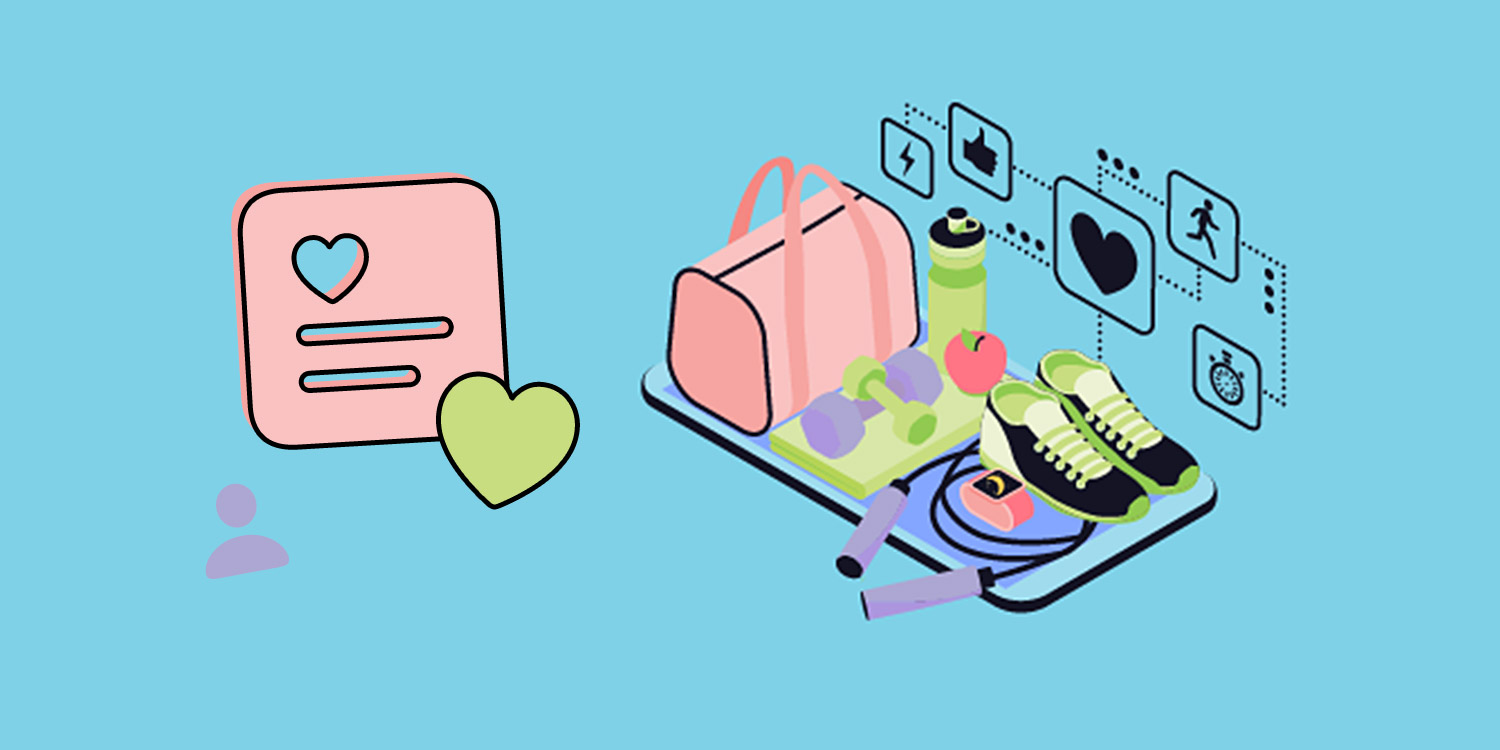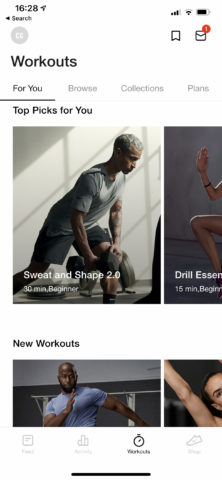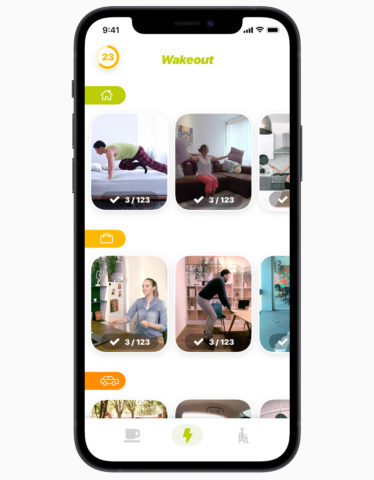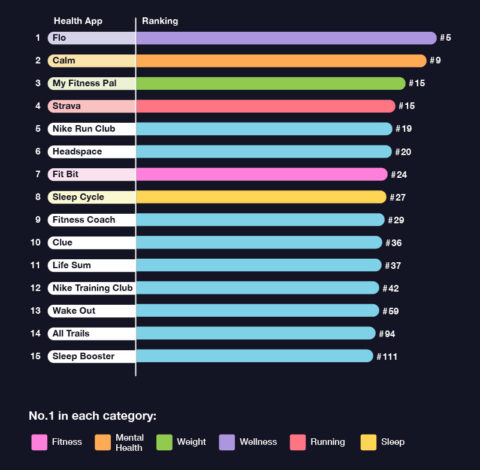Health and fitness apps have become even more popular of late, thanks in part to the pandemic forcing people to exercise at home. In fact, around 75% of all app users rely on at least one health or fitness app – up from around 50% at the start of last year.
A recent study by Uswitch has revealed some pretty interesting data about the top 15 worldwide health apps. In particular, the personal data these apps store and the prices they charge surprised us: in both cases, there’s one clear app that’s miles better than the rest. Let’s take a look at some key takeaways from the report.
Nike offers the best value
Of the top 15 health and fitness apps, Nike’s Run Club and Training Club were the only ones not charging a cent. Instead, premium features can be unlocked simply by signing up for a free Nike membership account.
Of course, it hopes you’ll buy its products once you’re signed up, and clearly gets brand awareness and marketing opportunities from the transaction. But unlike its rivals, some of which charge as much as $20/month, Nike’s apps are a bargain.
If you’ve been tempted into a free trial of Apple Fitness+, it might be worth comparing the service with Nike’s free offerings before you commit to Apple’s $10/month subscription. Then you can make your own mind up about which appeals to you best.
Wakeout! respects your privacy
It’s no surprise that health and fitness apps will collect some data about you. For example, a running app won’t work without location data and a period tracker’s no good if it can’t track your periods. But many of these apps collect much more data than just what is needed for their core functions to work. In most cases this information will be used for targeting ads and suchlike.
From 24 data points (including age, phone number, social media profile, weight, and sexual activity) MyFitnessPal scored highest, collecting 20 different data types. The others weren’t far behind. That’s not to say that you won’t benefit from these services – if you can see why something is needed, you might be happy for the app to store it.
But if you’d rather use an app that isn’t interested in data collection, Apple’s App of the Year 2020 winner Wakeout! is the way to go. This app collects just a single data point – your general fitness level – in order to tailor its workouts. Beyond that, it doesn’t even ask your name.
Canadians love running
The data reveals plenty of juicy little factoids on top of the pricing and privacy revelations. For example, did you know the female health app Flo is not just the most popular app in the US, but worldwide? Impressive for a service that only targets half the population, especially as competing app Clue costs 8x less per month. Food for thought.
Elsewhere, we learned that Calm is the most popular mental health app globally, and Strava is the most popular run tracker. Australians use health and fitness apps more than any other country (of the 20 surveyed) but Canadians are the most avid runners – just ahead of the UK. Finally, New Zealanders are the most concerned with losing weight.
For a full rundown on all the stats, be sure to check out the full report.




